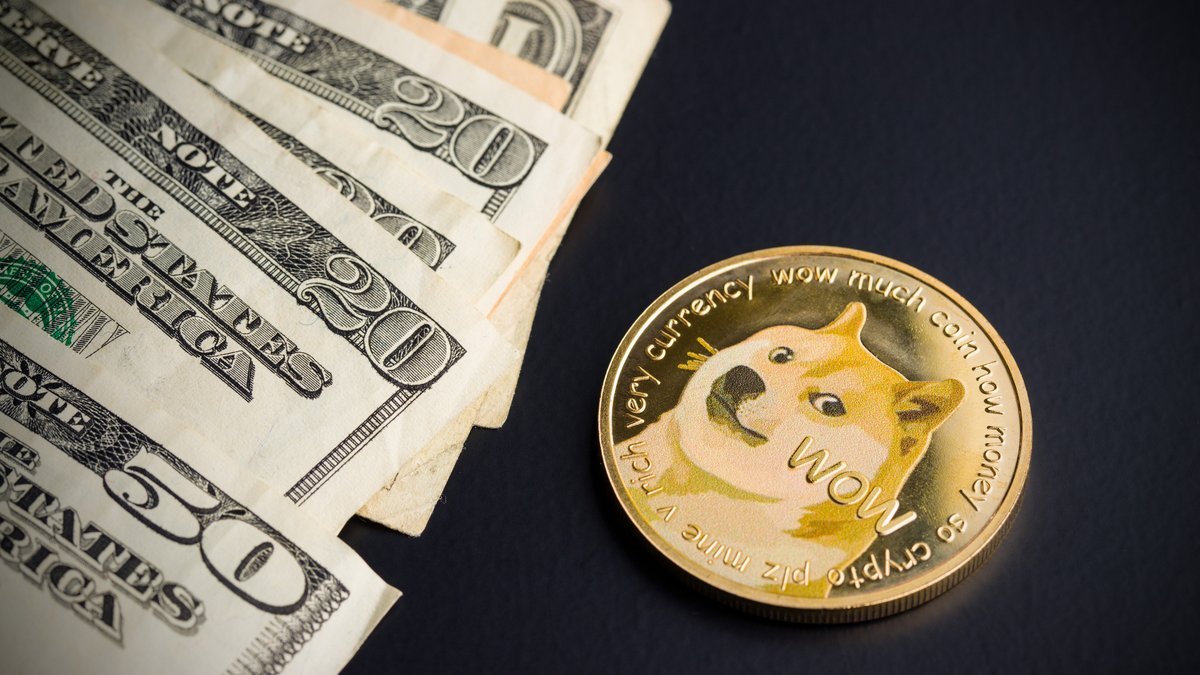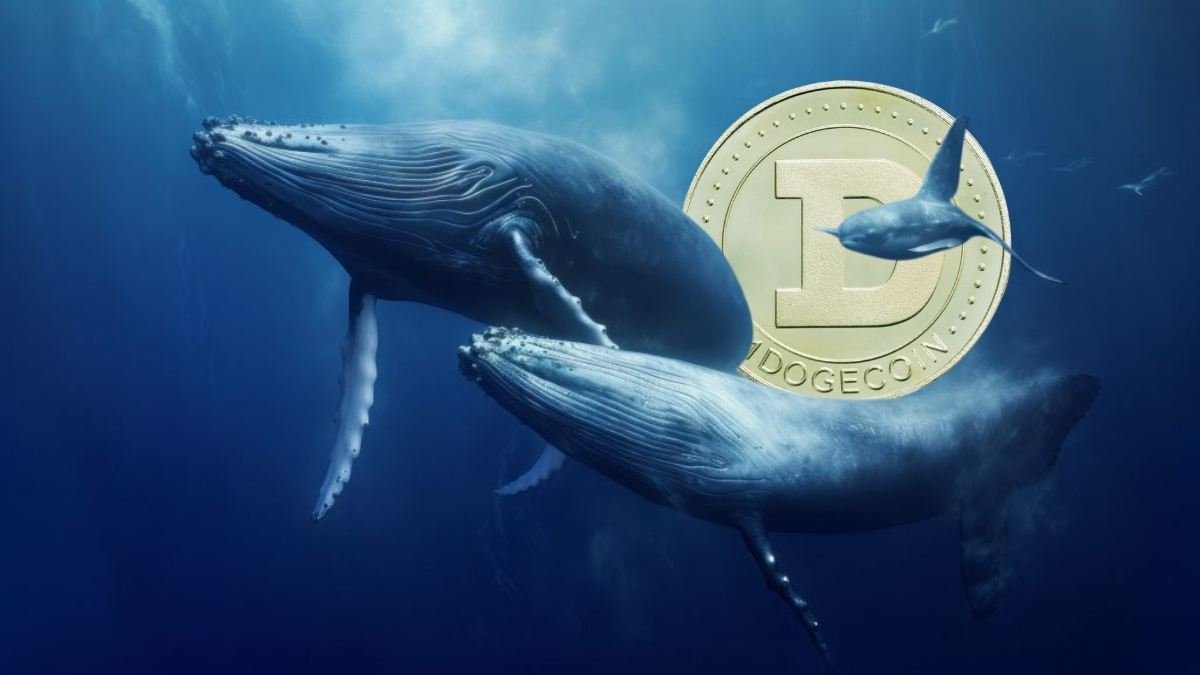Dogecoin Whales as Big Transactions Decline Over 69%

Dogecoin, the popular meme-based cryptocurrency, is experiencing a significant decline in large-scale transactions, signalling a shift in market dynamics. The activity of “whales,” which refers to entities holding and transacting large amounts of Dogecoin, has dropped sharply, raising concerns about liquidity and investor confidence. Recent data indicates that transactions exceeding $100,000 have fallen by over 69%, which could have lasting implications for Dogecoin’s price and market behaviour. With volatility being a defining characteristic of the crypto market, the decline in whale activity may indicate changing sentiment and potential price adjustments in the coming weeks.
Whales in the Dogecoin Market
Whales play a crucial role in cryptocurrency markets, influencing price trends, liquidity, and overall market sentiment. Large transactions often indicate strategic moves by institutional investors or high-net-worth individuals, and their presence can either stabilize or destabilize an asset’s price. Cryptocurrency Finance’s Future, When whales accumulate Dogecoin, it suggests confidence in long-term growth. Conversely, retreating and reducing their transaction volume could indicate hesitation or a shift in investment strategies.
The decline in large transactions has been striking. According to data from blockchain analytics firm Santiment, weekly Dogecoin transactions exceeding $100,000 have decreased from 20,200 in early November to just 6,200, representing a drop of over 69%. Transactions exceeding $1 million have seen an even sharper decline, falling from 3,490 to just 850 over the same period. This trend aligns with a broader decrease in Dogecoin’s market capitalization, which has dropped by approximately 49%, reinforcing the connection between whale activity and price performance.
Decline in Whale Transactions
One major factor is the recent downturn in the crypto market. While Bitcoin and Ethereum have seen some recovery, meme coins like Dogecoin tend to be more volatile and speculative. Investors who initially viewed Dogecoin as an opportunity for quick gains may shift their focus to more stable assets. The decline in whale transactions suggests that institutional investors and large holders may reallocate their portfolios in response to these market conditions.

Market liquidity is another crucial factor influencing whale activity. With fewer large transactions taking place, liquidity diminishes, making it more challenging for traders to execute sizable trades without significantly affecting the price. This reduction in liquidity can lead to increased volatility, as smaller trades may have a disproportionate impact on price movements. When liquidity is low, price swings can become more exaggerated, further discouraging large transactions.
Recent Market Trends
The decline in whale transactions is not occurring in isolation but rather alongside other notable market trends. Dogecoin’s price has remained under pressure, struggling to maintain momentum despite periodic rallies driven by social media hype and endorsements from high-profile figures such as Elon Musk. While Dogecoin has historically seen price surges following Musk’s tweets, the recent drop in whale transactions suggests that such influences may be losing effectiveness.
Elon Musk, a long-time supporter of Dogecoin, has previously integrated the cryptocurrency into some of his businesses, including Tesla’s acceptance of Dogecoin for merchandise purchases. However, despite these efforts, the decline in whale activity indicates that such moves may not be enough to sustain long-term confidence in the asset. Investors may now seek more substantial use cases beyond hype-driven price movements.
Decline in Whale Transactions
The retreat of dogecoin whales has several potential consequences for the broader market. One immediate impact is the potential for increased volatility. With fewer large transactions, price movements may become more unpredictable as smaller trades have a greater influence. This could result in sudden price swings that may discourage new investors from entering the market.
Another significant implication is the possibility of a prolonged downtrend. If whale transactions continue to decline, Dogecoin may struggle to regain its previous momentum. Large holders often provide stability to a market by absorbing selling pressure, but with fewer whales actively trading, the risk of further declines increases. Retail traders alone may not be enough to sustain bullish momentum without strong buying activity from institutional investors or high-net-worth individuals.
Summary
The sharp decline in Dogecoin whale transactions marks a critical market structure shift. With a 69% drop in large transactions, liquidity is diminishing, and investor sentiment appears to be changing. 750 Million DOGE, Factors such as market volatility, regulatory uncertainty, and liquidity concerns have contributed to this retreat, signalling a potential shift in Bitcoin’s trajectory.
However, if whale activity declines, Dogecoin could face prolonged periods of uncertainty and price instability. Investors should keep a close watch on whale transaction data, as it often serves as a leading indicator of market movements. While Dogecoin remains a popular and widely recognized cryptocurrency, its long-term success will depend on more than just social media hype—it will require strong fundamentals, growing adoption, and continued investor confidence.
[sp_easyaccordion id=”5793″]
